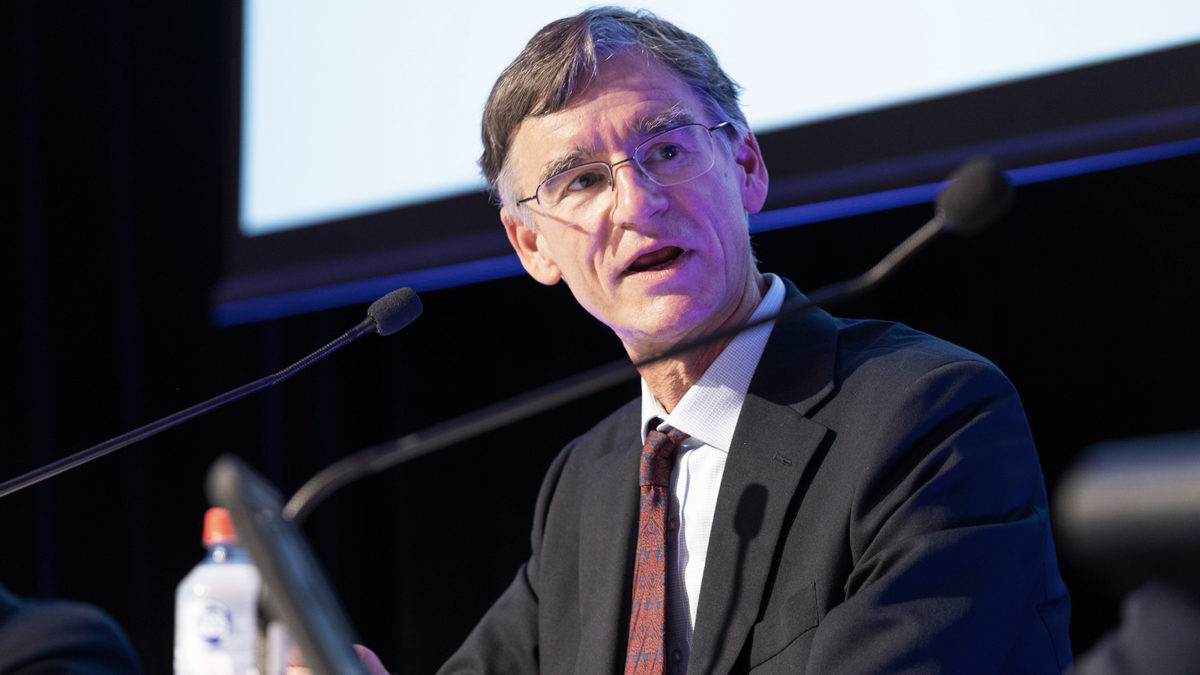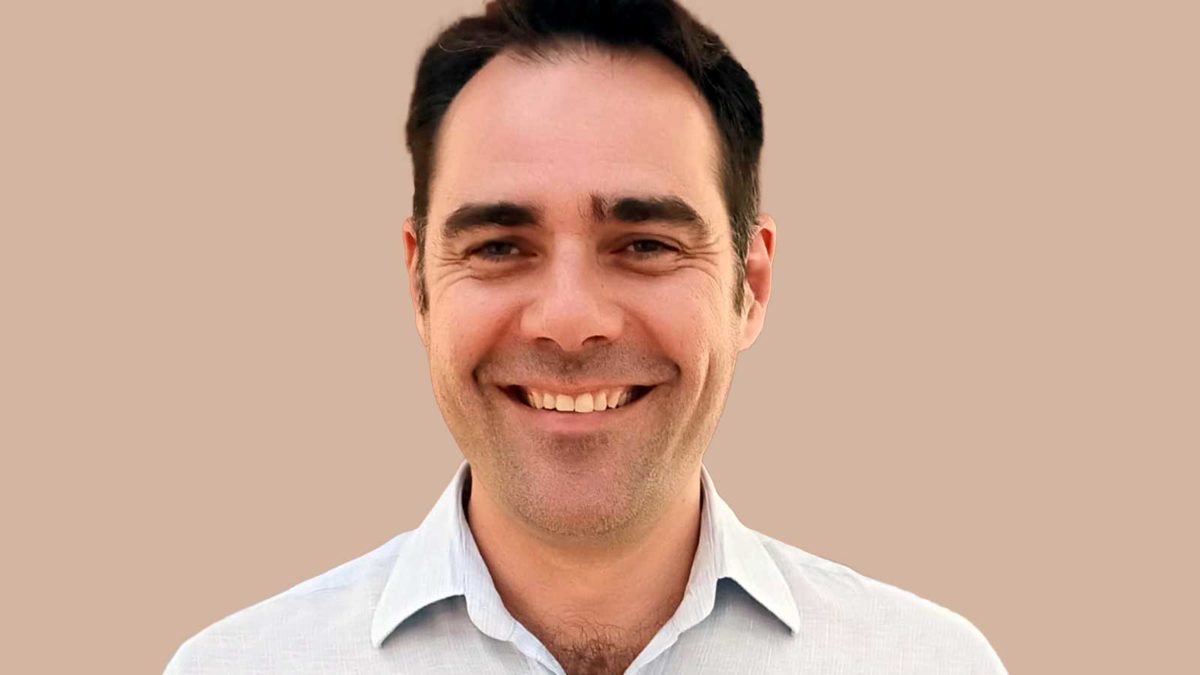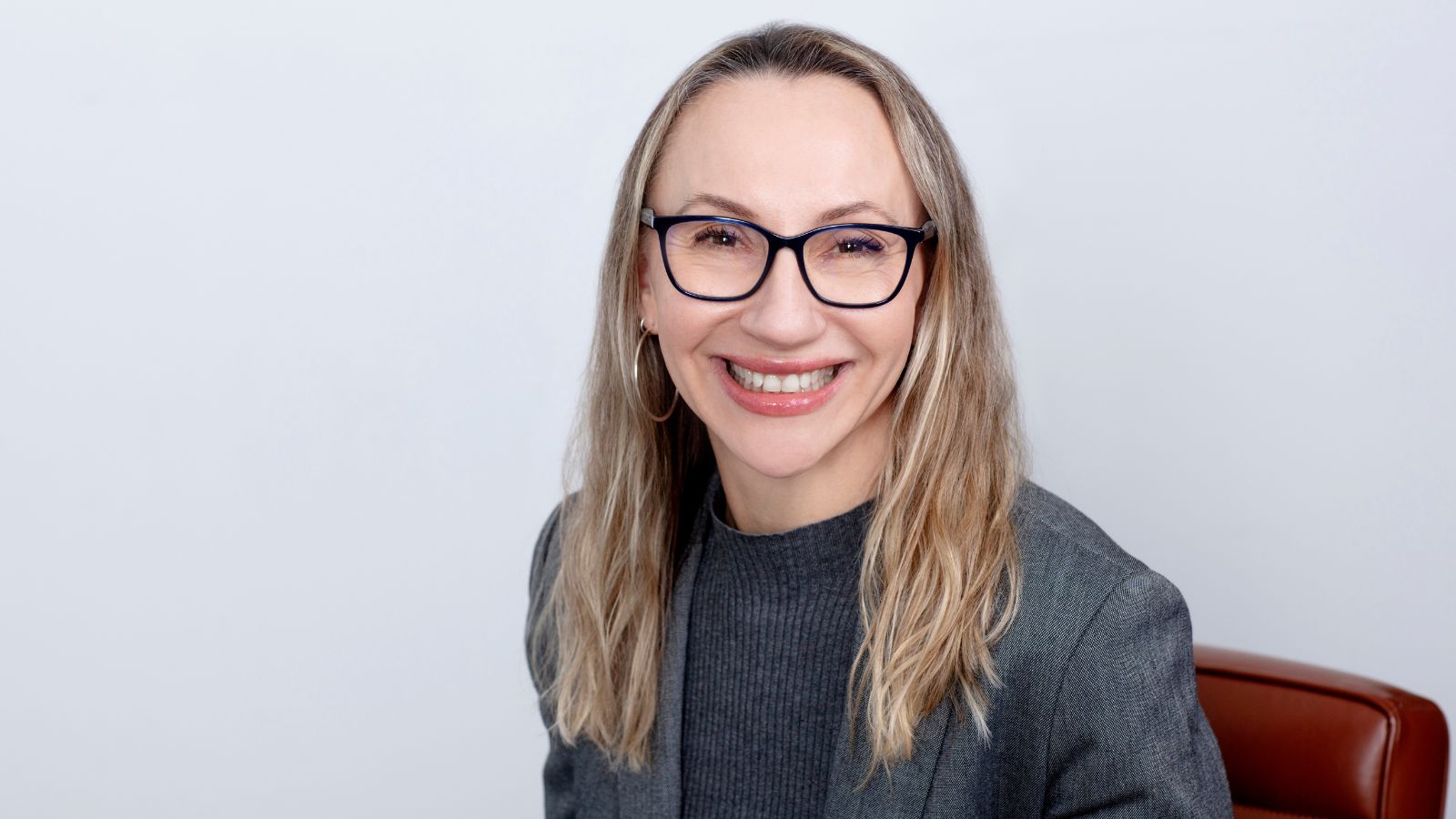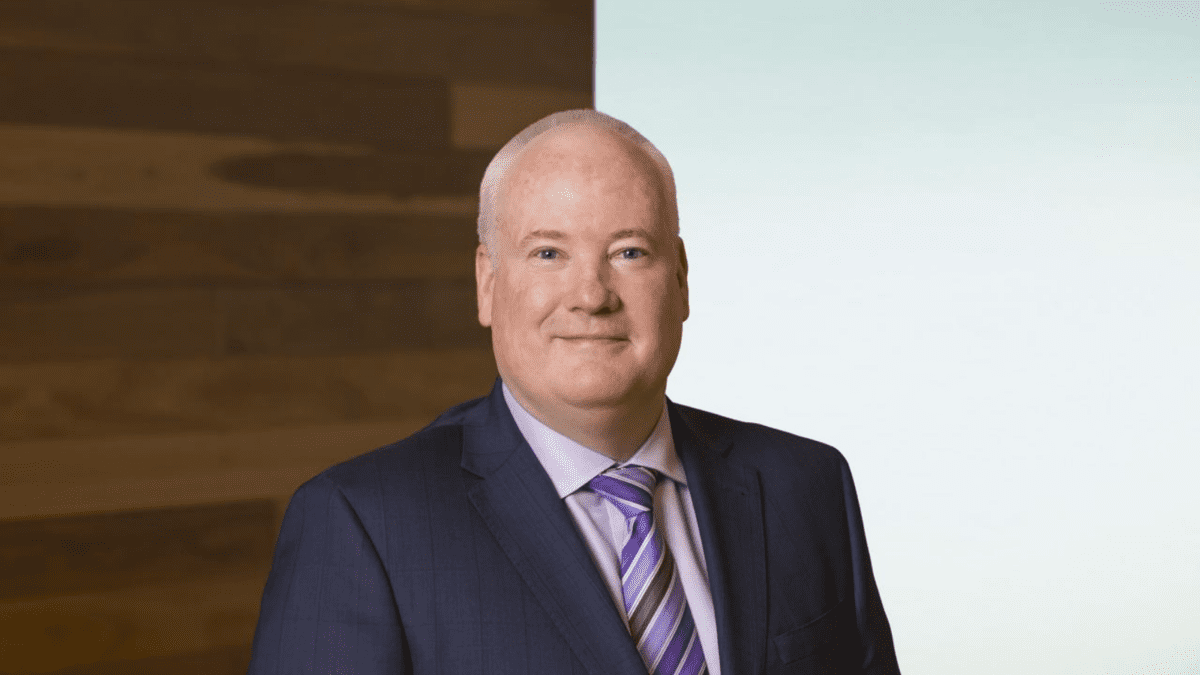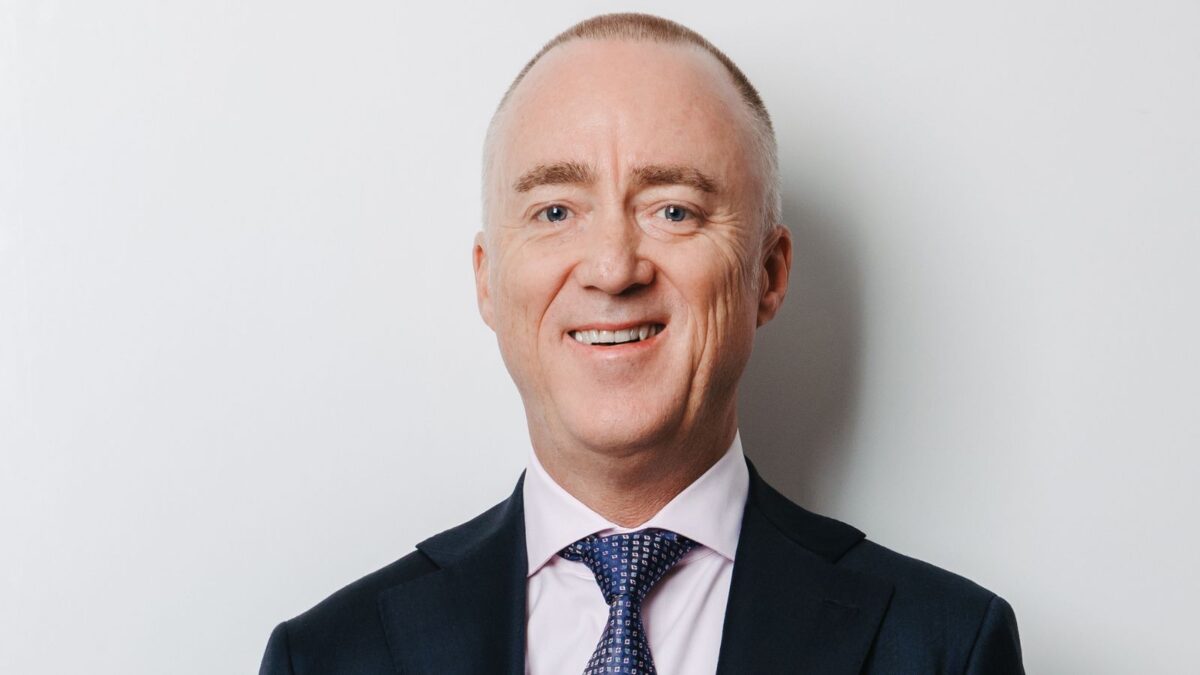Jury back over sustainability and returns
There has been a growing feeling among investors that sustainability is good – certainly not bad – for returns. Now, following the latest report by Sustainable Platform, there should be no further argument.
The analysis, which includes rankings of the top 1,000 performing companies globally, as well as the bottom 1,000, shows that on a total-return basis, the most sustainable companies according to the Sustainable Platform (SP) categorisations and algorithms have massively outperformed the least sustainable.
SP’s top 1,000 delivered an average total return of 269.8 per cent over 10 years, compared with a negative return of 23 per cent for the bottom 1,000 over that period.
Over five years, the most sustainable delivered an average total return of 184.3 per cent (minus 15.4 per cent for the bottom group), over three years 99.3 per cent (minus 27.1 per cent) and over one year 56.3 per cent (24.3 per cent).
Institutional investors, consultants and managers can obtain a list of the top 1,000 and bottom 1,000 here.
Sustainable Platform, an independent sustainability data and software provider based in Perth, has built up since its inception in January 2015 what is arguably the largest database allowing such analyses in the world.
The top 10 companies in the list, with market caps of more than US$100 million, include three Chinese- based education companies, two US pharmaceutical companies, three power and renewable energy companies, a sanitary systems maker, and a Canadian property developer. See list below.
The SP database consists of about 22,000 stock listings for 15,000 individual companies, accounting for 98 per cent of the world’s listed equities by market capitalisation. It is focused on the UN Sustainable Development Goals (SDGs) and as such covers about 70 of its 169 targets across all its 17 goals.
Prior to starting the business, chief executive Mark Andrich (photo above) had been a hedge fund analyst in New York before switching his attention to modelling financial, water and energy systems and as a researcher in the sustainability field.
SP has about 17 staff and contractors, including a new business development manager in Sydney, Jack McCartney, and a sustainability consultant in Paris, Malgosia Guibert. McCartney has an investment and superannuation background including chief of financial advice at UniSuper, head of corporate super at Colonial First State and before that he spent 13 years at Bankers Trust in New York.
Of the latest analysis, Andrich says that the results are consistent with a previous study published in 2017, which was conducted without SP’s ‘carbon alignment’ tool and other research enhancements made since then.
“Maybe, the results are a little better now,” he says. “But this could be a consequence of both data quality and fund flows [investment flows into climate and other sustainability-related funds having increased significantly in that time, pushing up stock prices].”
As a data and software provider, SP provides quantitative metrics, without commentary. “The clients are paying for raw data, although it’s through our lens,” Andrich says.
Clients include: fund managers Nanuk in Sydney and Tactical Global Management in London and Brisbane, and 17 Asset Management in the US; asset owners Telstra Super, Elevate Super and Spaceship; research house Lonsec; and a university, HEC Montreal in Canada, which uses the data for academic research.
SP has also recently become a research partner of the Responsible Investment Association of Australasia (RIAA), providing data for the body’s certification program. RIAA has about 450 members in Australia and New Zealand.
The analysis shows that the SP top 1,000 stocks outperformed two of the most commonly used ETF benchmarks, the iShares ACWI ETF and the iShares Dow Jones Sustainability Index ETF, over one, three, five and 10-year periods.
The $25 billion global macro quant manager Tactical Global Management (TGM) – also a client and partner of SP – recently published a report which showed even greater outperformance over other periods, including during the GFC and covid-19, using SP’s more sustainable company list, when combined with the manager’s multi-factor models.
For the TGM report the manager compared results from various database providers, including SP, and published the analysis from four: SP, Bloomberg, Eikon (part of Refinitiv) and Institutional Shareholder Services (ISS). The top returns were matched against the SDG metrics (SP’s) and ESG metrics (Bloomberg, Eikon and IIS).
The report says that the SDGs are an improvement over ESG for investment purposes and therefore the SDG metric is more relevant for TGM. The portfolios devised using TGM’s financial analysis and portfolio construction process together with SP’s data outperformed those using the other providers. It was then tested against other “well known” ESG and SDG global equity funds and shown to produce “superior risk-adjusted returns”.
Andrich says that SP focuses on SDGs, which were devised for policy makers rather than investors, because “the whole point is to make the world more sustainable from a social and environmental point of view”.
SP’s focus tends to be on a company’s products and services rather than its stated policies and internal management processes. An SDG focus will put much more weight on ‘scope 3’ targets for companies, which includes the indirect impact through their supply chains and the common usage of their products.
As an example, Andrich says, 10 years ago the SP data would have indicated Tesla was very sustainable and Volkswagen unsustainable. But from an ESG framework, despite its high-emissions product Volkswagen’s low-carbon operations and good corporate governance policies, including employment, would have meant a score which was not so bad; at least better than ‘unsustainable’.
On the data gathering, Andrich concedes that problems of quality and consistency remain, especially in scope 3 estimates, however in that case there is a high correlation between the emissions indirectly caused by a company’s sales of oil and gas and coal.
“A lot of the metrics are backward looking,” he says. “We try to focus more on forward-looking data.”
World’s top 10 sustainable companies
Acer Therapeutics Inc. (ACER, Nasdaq) – pharmaceutical company focused on the commercialization of therapies for serious rare and life-threatening diseases. The primary contribution to sustainable development is via the provision of health-related products and services, including pharmaceuticals, which contribute to targets within SDG3: Good Health and Well Being.
Ballard Power Systems Inc. (BLDP, Nasdaq) – developer and manufacturer of proton exchange membrane fuel cell products. The primary contribution to sustainable development is via the provision of transport products and services, including motor vehicles, which contribute the most to targets within SDG11: Sustainable Cities and Communities.
RYB Education, Inc. (RYB, NYSE) – provides early childhood education services in China. The primary contribution to sustainable development is via the provision of education and training services that contribute the most to targets within SDG4: Quality Education.
Genesis Land Development Corp. (GDC, TOR) – engaged in the development and sale of homes primarily in the greater Calgary area in Canada. The primary contribution to sustainable development is via the provision of housing products and services, including real estate. These contribute the most to targets within SDG11: Sustainable Cities and Communities.
Geberit AG (GBRA, FRA) – Swiss multinational group specialized in manufacturing and supplying sanitary systems. The primary contribution to sustainable development is via the provision of waste management products and services, which contribute the most to targets within SDG6: Clean Water and Sanitation.
Boralex Inc. (BLX, TOR) – a power company that develops, builds, and operates renewable energy power facilities. The primary contribution to sustainable development is via the provision of renewable energy products that contribute the most to targets within SDG7: Affordable and Clean Energy.
Virscend Education Co Ltd (1565, HKG) – Hong Kong-based investment holding company principally engaged in the provision of education services. The primary contribution to sustainable development for Virscend Education is via education and training services that contribute the most to targets within SDG4: Quality Education.
Nymox Pharmaceutical Corporation (NYMX, Nasdaq) – biopharmaceutical company specialising in the research and development of therapeutics and diagnostics, with emphasis on products for the needs of the aging male population in developed economies. Its products and services contribute the most SDG3: Good Health and Well Being.
Siemens Gamesa Renewable Energy S.A. (SGRE, MCE) – Spanish-based company engaged in design and manufacture of renewable energy equipment. The primary contribution to sustainable development is via the provision of renewable energy products that contribute the most to targets within SDG7: Affordable and Clean Energy.
Bright Scholar Education Holdings Ltd (BEDU, NYSE) – global education service provider operating K-12 schools and complementary education services in China and overseas. The primary contribution to sustainable development is via the provision of education and training services. These services contribute the most to targets within SDG4: Quality Education.

